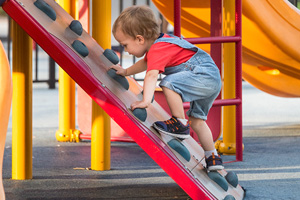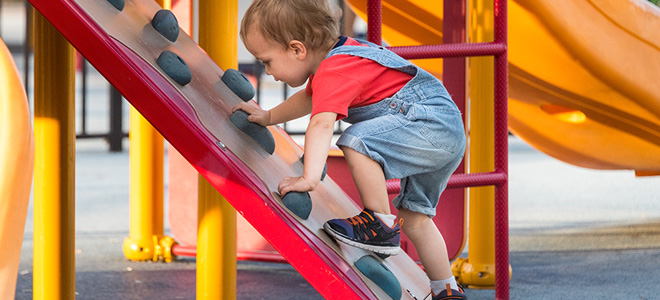Blog Categories
Search Blog
Blog Categories
Assessment Series: Would a Gross Motor Assessment Be Right for My Child?
A common source of excitement during parenthood is witnessing your child’s first steps. But sometimes, some children have a hard time achieving or mastering certain gross motor skills.
Why a Gross Motor Assessment?
As physiotherapists, we can assess and treat musculoskeletal injuries (injuries to muscles, ligaments, tendons, and bones) but we can also assess gross motor skills (movements that involve the use of large muscles like the arms, legs and trunk). Some examples of gross motor skills are walking, running, crawling, and throwing. Before intervention can occur, a thorough assessment will need to be completed to understand the underlying reason as to why the child is struggling with gross motor skills. While gross motor delay or “clumsiness” is often reported, the physiotherapist will want to know why. Is the child getting enough practice to develop a certain gross motor skill? Are they struggling with certain movements because of lack of strength or range of motion?
If you find yourself agreeing with one or more of the statements below, and the behavior is consistent, you might want to consider a gross motor assessment for your child.
- My infant or toddler has yet to sit, crawl, or walk
- My child has yet to run or jump
- My child falls or bumps into things frequently
- My child has a hard time keeping up in gym class, sports, or other physical activities
- My child seems disinterested or avoids most physical activity
- My child has a hard time going up and down the stairs
- My child has a hard time playing at parks and playgrounds
What to Expect
At Boomerang Health, our gross motor assessments typically take place in one of our gyms. An assessment will start with a detailed subjective history about your child’s past medical history, their developmental history, and their current physical abilities and difficulties. Depending on your child’s age, the physiotherapist will then take your child through a series of activities that assess their sitting, crawling, climbing, walking, running, jumping, catching, throwing, coordination, and balance skills. Assessments will also include checking your child’s range of motion, strength, and reflexes. At the end of the assessment, the physiotherapist will explain their findings and provide some strategies for you and your child to work on at home.
If you are still questioning whether a gross motor assessment would be appropriate for your infant, toddler or child, feel free to give our office a call. We would be happy to chat through it with you, and help to schedule one in, should you decide to proceed.






